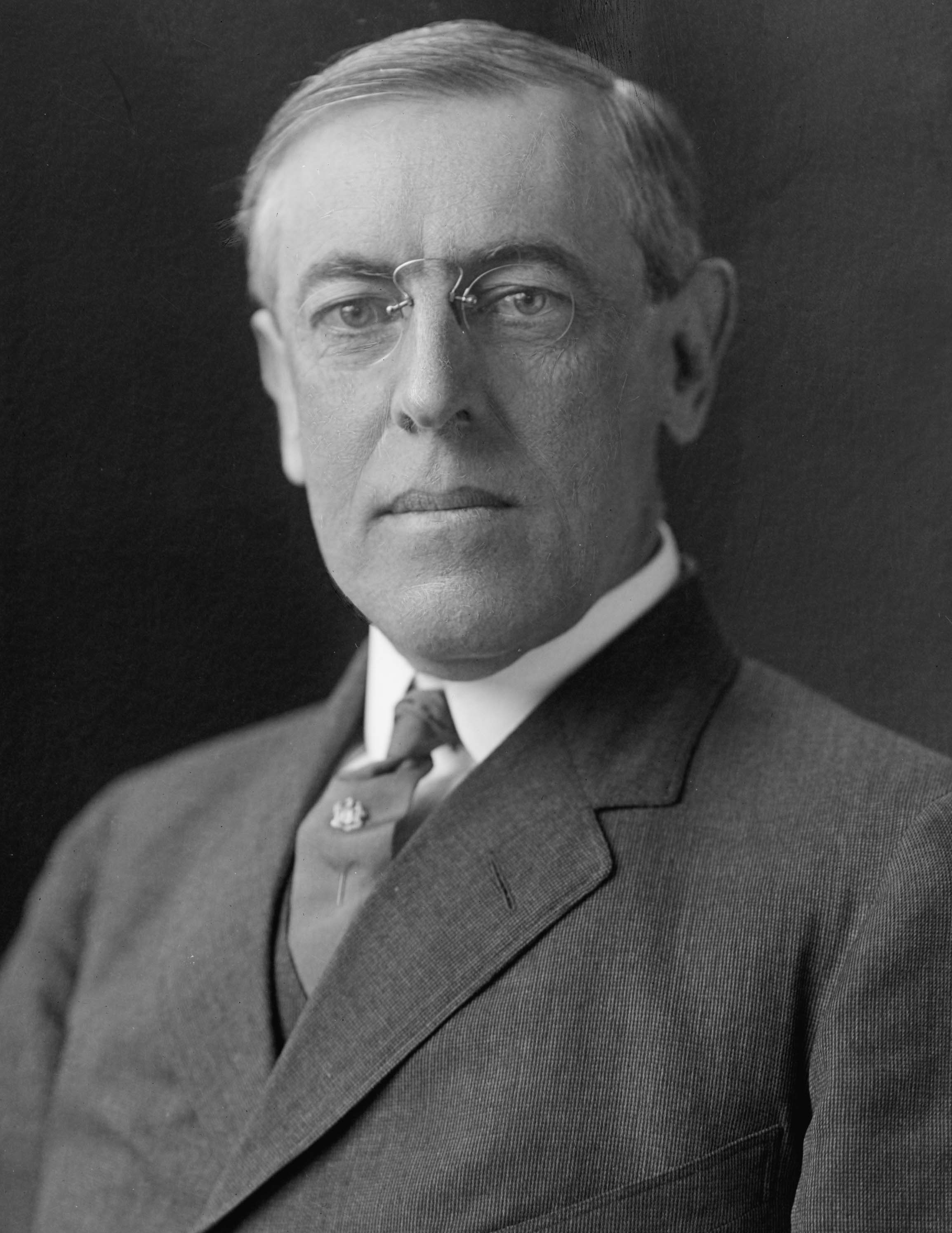Hero of the Empire: The Making of Winston Churchill
Candace Millard
Biography, history
It's time for the truth to come out: Winston Churchill was, clearly, not a real person. "Churchill" was dreamed up by adventure-story writers. No doubt there was an actor hired to play the role at various points, but the fact remains that "Churchill" and his adventures just aren't credible.
Consider what we're asked to believe. The Churchill character supposedly
- Was born in a palace;
- Came under fire on his 21st birthday, during the Cuban War of Independence;
- Fought in Afghanistan and Egypt;
- Participated, at age 24, in perhaps the last great cavalry charge in military history;
- Wrote a best-selling book about his adventures;
- Went to South Africa as a war correspondent, was captured, and escaped (the subject of Hero of the Empire);
- Became a Member of Parliament at age 26;
- Switched political parties, and subsequently switched back;
- Was appointed First Lord of the Admiralty at age 30;
- Learned to fly an airplane before World War I;
- Championed the daring and controversial Gallipoli campaign;
- Took the blame when the commanders in the field botched it;
- Took command of an infantry battalion on the Western Front;
- Spent six months in trench warfare, coming under shell- and machine-gun fire;
- Helped initiate and pushed vigorously for the development of the tank;
- Became one of the world's greatest speechmakers by overcoming a congenital lisp;
- Led his country to victory when it stood alone and under threat of invasion by a triumphant evil dictator who effectively ruled all of Europe and planned to conquer the world.
Seriously?
Setting that side, I had high expectations for Hero of the Empire. Candace Millard's previous two books (The River of Doubt and Destiny of the Republic) are both terrific. Her biographical niche is to isolate a crucial point in the life and/or death of an important figure, explain why it was important, use it to illuminate the biographee's character, and make the whole thing into an exciting and informative story.
I'm happy to report that Hero of the Empire delivers on all fronts. It's exciting. It's action-packed. It's well-researched. It's beautifully written. If the actual events of the escape weren't exactly the stuff of fiction--no tunnels, no masquerading as the enemy, no chase scenes--they were surely thrilling enough to those who were in the middle of them, and Millard brings that to life. (Admittedly she's relying somewhat on Churchill's own memoirs, which are inclined to minimize neither the drama of the situation nor Winston's own part in it.)
There was even a genuine "Wanted: dead or alive" notice for Churchill, with a reward of £25--Churchill was already politically and symbolically important. His subsequent response was that the reward was too low.
Go read Hero of the Empire. It reads like an adventure novel, with the added bonus that it really happened.


